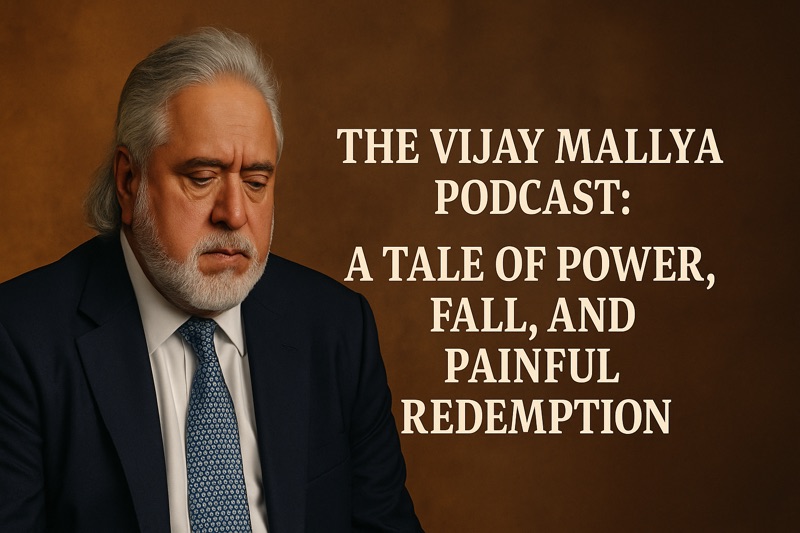In the bustling city of Bangalore, a man named Atul Subhash—a brilliant engineer, a techie, a father—silently bore a weight so heavy that it ultimately crushed him. On the surface, he was one of many—a professional navigating the demands of a competitive world. But beneath this facade, he was fighting a battle no one could see, one that ultimately claimed his life.
Atul’s story is one of unimaginable pain, betrayal, and the failure of a system that is meant to protect. A man who worked tirelessly to build a life of stability and dignity was pushed to his limits, cornered by circumstances that no one deserves to face.
The Price of Love and Betrayal
Atul’s life took a devastating turn when his marriage, once a partnership of dreams, became a nightmare. His wife, the person he once trusted with his heart and his life, allegedly demanded an exorbitant ₹3 crores as alimony—a demand so extreme it defies comprehension. This was not just a financial blow; it was an attack on his very identity as a provider, a father, and a human being.
What broke him further was the denial of the simplest yet most profound human connection—the right to see his own child. The love of a father, the joy of holding his little one, was snatched away from him. He was left with empty hands and a shattered heart, forced to live with a pain that words cannot capture.
The Crushing Weight of Expectations
Atul was more than just an engineer; he was a man with dreams, a person who worked hard to achieve success, and someone who believed in the dignity of relationships. But the societal expectations placed on men, coupled with a system that can be unforgiving, left him with no escape.
He endured relentless harassment—legal, emotional, and social. A father stripped of his rights, a man burdened by demands beyond his capacity, Atul found himself trapped in a vortex of despair. His education, his achievements, and his integrity could not shield him from the injustices that ultimately drove him to take the most tragic step of all.
A Silent Plea for Justice
Atul’s story is not just his own; it is the story of countless men who face similar struggles, silently bearing the weight of expectations, accusations, and injustices. His death is a reminder of the gaps in our system, of the urgent need to reevaluate laws and societal attitudes that can be weaponized to destroy lives.
While laws exist to protect, they must not be blind to the possibility of misuse. Atul’s case reveals a cruel reality: that justice, when skewed, can become a tool of oppression. His life was a plea for fairness, for understanding, and for compassion—pleas that went unheard.
Remembering Atul Subhash
Atul Subhash was a man who deserved better. He deserved a life of dignity, the joy of watching his child grow, and the freedom to live without fear or coercion. He was an engineer, a father, and above all, a human being whose value went beyond the roles society assigned him.
As we reflect on his life, let us remember him not just as a victim, but as a symbol of the need for change. Let his story ignite conversations about fairness and justice, about the importance of listening to the silent struggles of men, and about building a system that does not fail its people—regardless of their gender.
Atul Subhash, your story will not be forgotten. Your pain will not be in vain. Let this tribute stand as a reminder of the humanity we owe to one another, and as a call for a society where no one feels as hopeless and abandoned as you did.
May you find peace, Atul. And may your story inspire the change you deserved.



